

Tao Te Ching
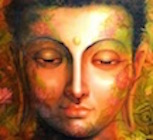
Buddhism
Quotes (77)

“All Buddhas past, present and future have one essence. Understand this essence and you will discover your mind’s true nature.”
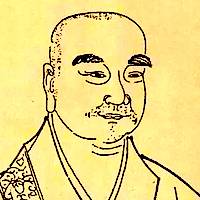
“Zen is the complete realization of mind,
The complete cutting off of delusion,
The power of wise vision penetrating directly to the unborn.”
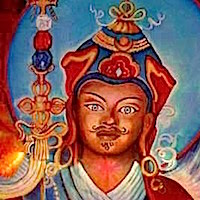
“Buddhism looks for the basic cause of suffering and discovers this to be the belief in a self or ego... the remedy is to see through the illusion, to attain the insight of emptiness.”
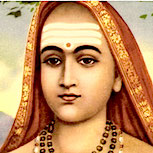
“The key difference between Hinduism and Buddhism is that Hinduism asserts ‘Atman (Soul, Self) exists’, while Buddhism teaches that there is ‘no Soul, no Self’”
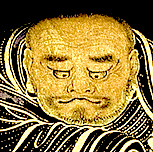
“The Mind is no other than the Buddha, and Buddha is no other than sentient being. When Mind assumes the form of sentient being, it has suffered no decrease; when it has become a Buddha, it has added nothing to itself.”

“the idolaters say that it is the sepulchre of Sagamoni Borcan [Shakyamuni Buddha], before whose time there were no idols. They hold him to have been the best of men, a great saint in fact, and the first in whose name idols were made.”
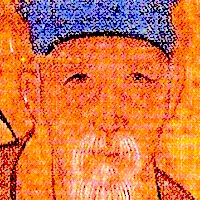
“Confucianists and Buddhists quarrel and dispute with each other because the Confucianists do not read Buddhist books annd the Buddhists do not read Confucianist books Both are talking about what they do not know.”
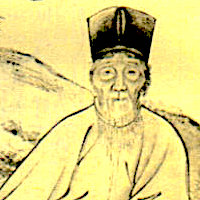
“The daily decline in the art of learning is due to the lack of clarification of the differences between Confucianism and Buddhism.”
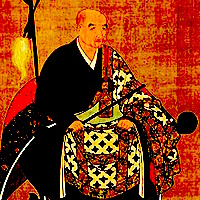
“There is no special doctrine for the study of Zen. All that is needed is to see it directly, hear it directly. In direct seeing there is no seeing. In direct hearing there is no hearing.”
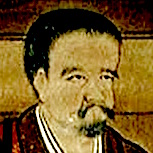
“Rather than trying to become a buddha, nothing could be simpler than taking the shortcut of remaining a buddha!”
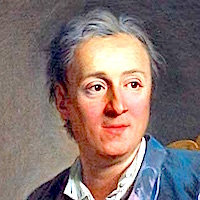
“As for the exterior religion of buddhism, the principal point of its doctrine is that the souls of men and of animals are immortal; that they are originally of the same substanace, and they they differ only according to the different bodies they animate”

“Searching through the paths and levels for a place far away, they have never had a chance to arrive at buddhahood.”
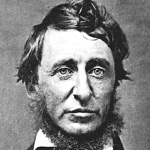
“I know that some will have hard thoughts of me when they hear their Christ named beside my Buddha, yet I am sure that I am willing they should love their Christ more than my Buddha, for the love is the main thing.”

“Buddhists maintain that there is no Creator but an infinitude of creative powers, which collectively form the one eternal substance, the essence of which is inscrutable hence not a subject for speculation for any true philosopher.”

“Jesus taught the world nothing that had not been taught as earnestly before by other masters... Every word of his sermon is an echo of the essential principles of monastic Buddhism.”
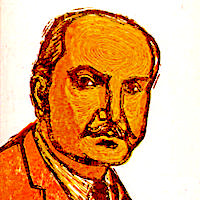
“Christianity persecuted, tortured, and burned. Like a hound it tracked the very scent of heresy. It kindled wars and nursed furious hatred and ambitions. Like Islam, it sanctified extermination and tyranny. All this would have been impossible if, like Buddhism, it had looked only to peace and the liberation of souls.”
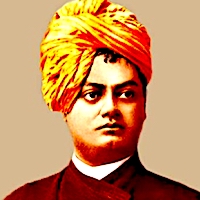
“The Buddhists or the Jains do not depend upon God; but the whole force of their religion is directed to the great central truth in every religion, to evolve a God out of man. They have not seen the Father, but they have seen the Son. And he that hath seen the Son hath seen the Father also.”
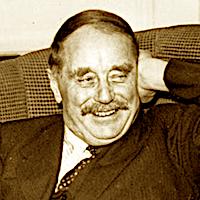
“Buddhism has done more for the advance of world civilization and true culture than any other influence in the chronicles of mankind... It is beyond all disputes the achievement of one of the most penetrating intelligence the world has ever known.”

“It is possible that in contact with western science, and inspired by the spirit of history, the original teachings of Gautama , revived and purified, may yet play a large part in the direction of human destiny”
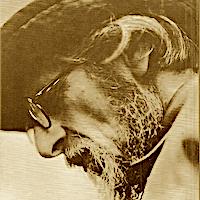
“The more superficially one studies Buddhism, the more it seems to differ from the Brahmanism in which it originated; the more profound our study, the more difficult it becomes to distinguish Buddhism from Brahmanism, or to say in what respects, if any, Buddhism is really unorthodox.”

“Buddhist doctrine is a medicine solely directed to save the individual from burning, not in a future hell, but in the present fire of his own thirst... Buddhists never directly attempted to organize human society, thinking the wise man should leave the dark state of life in the world”
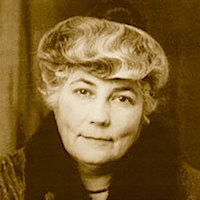
“The Buddha gave to the world a complete teaching of the perfect construction of life. Each attempt to make a god of the great revolutionist, leads to absurdity.”

“Self-conceit is hostile to simplicity… Simplicity, beauty, and fearlessness - Christ and Buddha spoke of nothing more. Simplicity is a blessing of the spirit that vibrates in these Teachings.”

“If there is any religion that would cope with modern scientific needs, it would be Buddhism.”

“Only in Christianity and in Buddhism can we find again so heroic an effort to transmute into decency the natural brutality of men.”

“Buddhism does not follow Buddha, but is a mass of legends and superstitions that have no more right to use his name than the ferocious Christianity of Calvin or Torquemada or Tennessee has to use the name of Christ.”
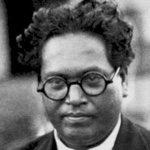
“The teachings of Buddha are eternal, but even then Buddha did not proclaim them to be infallible.”

“The religion of Buddha has the capacity to change according to times, a quality which no other religion can claim to have…”

“what you are… that is what we must realize. And to this realization Zen practice leads us step by step. This is the aim of Zen.”
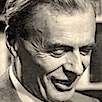
“[Recipe for a rising-sun world]: Take twenty sexually satisfied couples and their offspring; add science, intuition and humor in equal quantities; steep in Tantrik Buddhism and simmer indefinitely in an open pan in the open air over a brisk flame of affection.”

“In later Buddhist philosophy… language is a main source of the sense of separateness and the blasphemous idea of individual self-sufficiency… the infatuating delusion of ‘I,’ ‘me,’ ‘mine.’”

“More systematically than any other religion, Buddhism teaches the way to spiritual knowledge in its fullness as well as its heights, in an through the world as well as in an through the soul.”
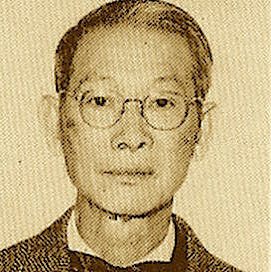
“The Taoist interest in non-being [… ] prepared the Chinese mind for the acceptance of the Buddhist doctrine of Emptiness.”
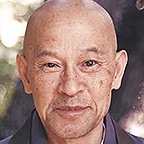
“Mitsu asked if he could tell her in a few words what Buddhism was all about… ‘Accept what is as it is and help it to be its best.”
 “Only when you give up everything can you see a true teacher. Even the name of Buddhism is already a dirty spot on our practice. It is not teaching. The character and effort of our teachers is our teaching.”
“Only when you give up everything can you see a true teacher. Even the name of Buddhism is already a dirty spot on our practice. It is not teaching. The character and effort of our teachers is our teaching.” 
“So to be a human being is to be a Buddha… the most important thing is to express your true nature in the simplest, most adequate way and to appreciate it in the smallest existence.”
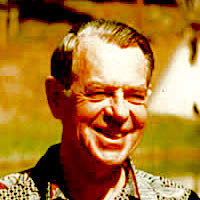
“The closest thing I know to a planetary mythology is Buddhism, which sees all beings as Buddhas. The only task is to know what is”

“No matter what the situation, you cannot neglect Buddha, because you yourself are Buddha… Usually when someone believes in a particular religion, his attitude becomes more and more a sharp angle pointing away from himself… in our way the point of the sharp angle is always towards ourselves.”
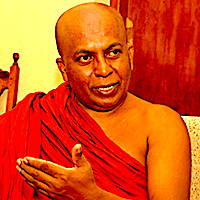
“Buddhism is neither pessimistic nor optimistic. If anything at all, it is realistic, for it takes a realistic view of life and the world. It looks at things objectively. It does not falsely lull you into living in a fool's paradise, nor does it frighten and agonize you with all kinds of imaginary fears and sins. It tells you exactly and objectively what you are and what the world around you is, and shows you the way to perfect freedom, peace, tranquility and happiness.”
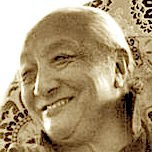
“The Mind of the Buddha - 'All thoughts in their infinite variety are completely without substance.'”

“There is no question that the kind of thought and culture represented by Chuang Tzu was what transformed highly speculative Indian Buddhism into the humorous, iconoclastic, and totally practical kind of Buddhism what was to flourish in China and in Japan in the various schools of Zen.”
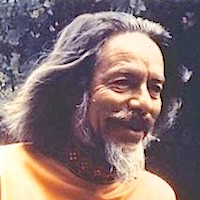
“Buddhism and Taoism—unlike Hinduism, Islam, and Judaism—are not whole cultures but critiques of culture: endearing, non-violent revolutions or 'loyal oppositions' to the cultures they live in.”

“The decline of Indian Buddhism was centrally due to the fact that it never offered the Indian laity a complete religion. Early Buddhism knew no ceremonies for birth and death, marriage, illness, and other critical turns of private life... Only for the community of monks did Buddhism provide a complete and well-defined way of life... But Brahmins were needed for all the ordinary crises in life, ready with their rites and sacred formulas to ward off danger or minimize the damage. This elemental fact assured the survival of Brahminism in India.”
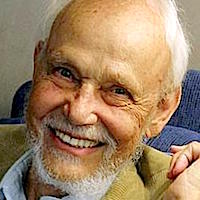
“Buddhism begins with a man who shook off the daze, the doze, the dream-like vagaries of ordinary awareness. It begins with a man who woke up.”

“What is Zen? Simple, simple, so simple. Infinite gratitude toward all things past; infinite service to all things present; infinite responsibility to all things future.”

“After his great awakening, the Buddha continued to meditate and to devote himself to others; otherwise his vision would have receded into a pleasant memory.”
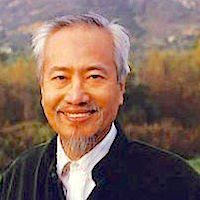
“Chan Buddhism is actually an ancient Taoist teaching cloaked in Buddhist garments, which afterwards spread to Japan and Korea.”

“The teachings of Lao Tzu and the principles of the I Ching elevated the new teachings of Buddhism as Mahayana”
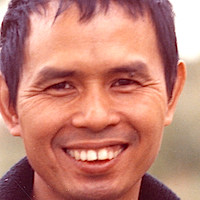
“Buddhism teaches us not to try to run away from suffering. You have to confront suffering. You have to look deeply into the nature of suffering in order to recognize its cause, the making of the suffering.”
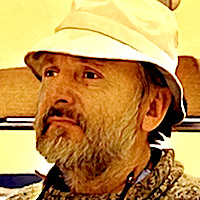
“The Buddha, the Godhead, resides quite as comfortably in the circuits of a digital computer or the gears of a cycle transmission as he does at the top of the mountain, or in the petals of a flower. To think otherwise is to demean the Buddha - which is to demean oneself.”

“The doctrinal differences between Hinduism and Buddhism and Taoism are not anywhere near as important as doctrinal differences among Christianity and Islam and Judaism. Holy wars are not fought over them because verbalized statements about reality are never presumed to be reality itself.”
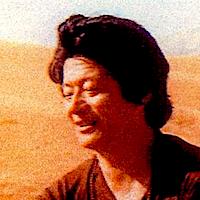
“Suffering in hopefulness is the eternalist. Suffering in hopelessness is the nihilist. Beyond both hopefulness and hopelessness is the Buddhist.”

“Almost all Western teachers of Buddhism are either nihilists or eternalists, and not actual Buddhist lineage holders…Sometimes American Buddhism looks like communism, sometimes like democracy, sometimes like socialism, and sometimes like nothing, only circling between worldly systems, never cutting from them but only circling between negative phenomena.”
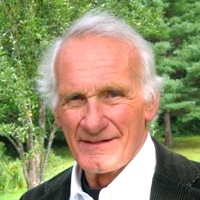
“The myth of the Buddha's enlightenment has the same paradox in it, the same provocation to explanation but with as little possibility of settling the matter... The perfect unspeakability has given rise to an immense flow of literature in scores of languages that shows no signs of abating.”
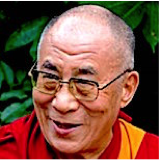
“The foundation of the Buddha's teachings lies in compassion, and the reason for practicing the teachings is to wipe out the persistence of ego, the number-one enemy of compassion.”
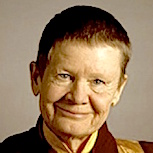
“The Buddha’s principal message that day was that holding on to anything blocks wisdom. Any conclusion that we draw must be let go.”
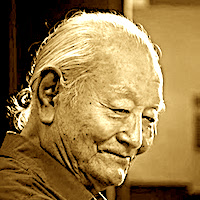
“In general, people speak as if there is a kind of religion created by Buddha Shakyamuni. That is not a correct point of view. Buddha never created any kind of school or religion.”
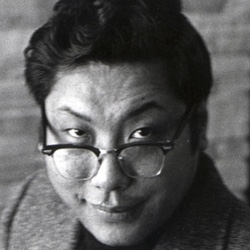
“All doctrines are limited and the dogma of the early Buddhists is inseparable from their cultural attitudes. It failed to see the phenomenal world as mother, sister, maiden, or child.”

“ViewYou will be able to develop American Buddhism, you will be able to teach the rest of the world, to go back to the Tibetans or the Indians and teach them what their earlier understanding was all about.”
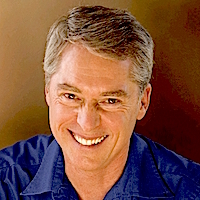
“Buddhists seek to replicate in their own experience the spiritual awakening of the Buddha, while scientists seek to make unprecedented advances in the pursuit of objective knowledge.”
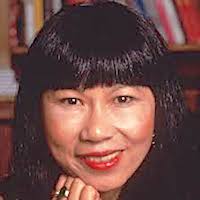
“It was a Chinese kind of Buddhism, which is a bit of this, that, and the other—ancestor worship, a belief in ghosts, bad fate, all the frightful things. But it was not the Burmese version that desires nothing. With our kind of Buddhism, we desired everything…”
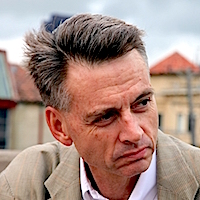
“Zen is for poets, Tibetan Buddhism is for artists, and Vipassana is for psychologists.”
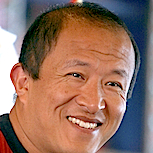
“At the point of total realization, you must abandon Buddhism. The spiritual path is a temporary solution, a placebo to be used until emptiness is understood.”
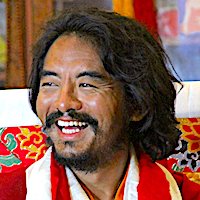
“Meditation is about learning to work with the mind as it is, not about trying to force it into some sort of Buddhist straitjacket.”
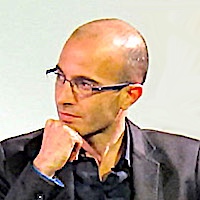
“Buddhism has assigned the question of happiness more importance than perhaps any other human creed... Buddhism shares the basic insight of the biological approach to happiness, that happiness results from processes occurring withing one's body, not from events in the outside world... the real root of suffering is this never-ending and pointless pursuit of ephemeral feelings”
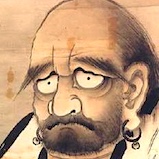


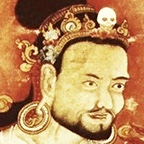

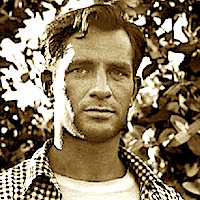


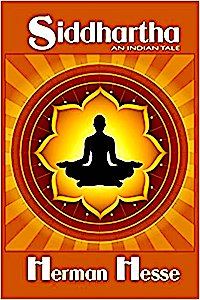
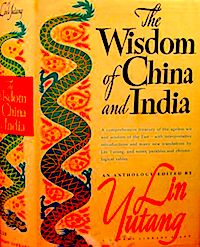
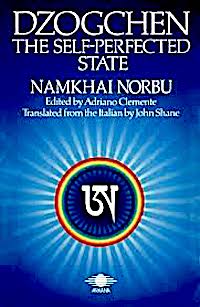
Comments (0)